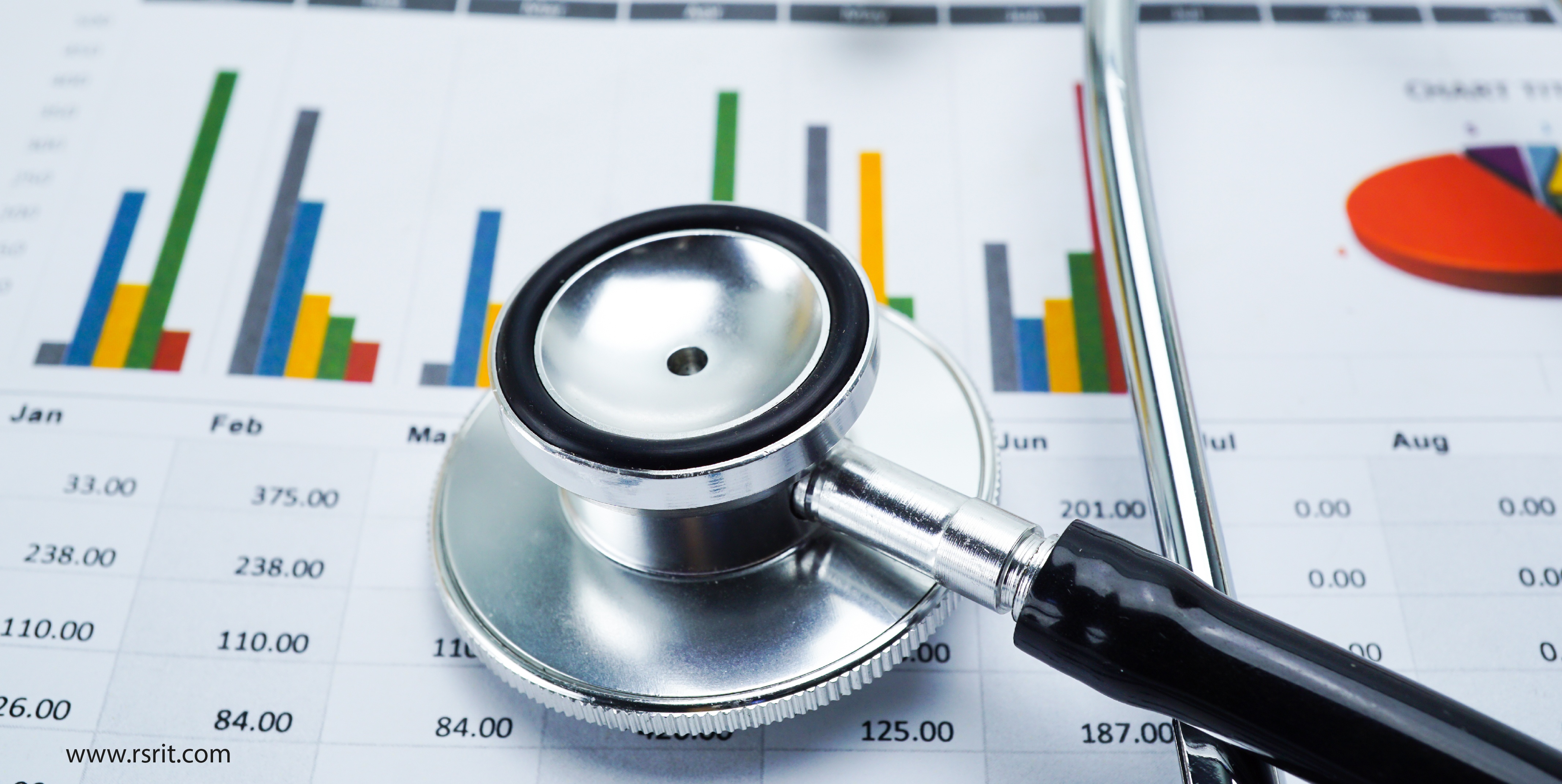Big Data Analytics – the reason for the giant leaps in Healthcare
The advancements in Healthcare are no longer at a snail’s pace. This sector is advancing at the speed of light. The last stage of growth in this sector was fuelled by Technology, but this next stage has been brought about solely by Big Data Analytics.
It is no longer the playground or the luxury of big Healthcare players. Everyone in the sector, from the small firms to the big ones, has recognized it as a fundamental necessity. Without Big Data Analytics, there would be no more scientific breakthroughs or amazing insights in Healthcare.
The focus of Healthcare
The main focus areas of today’s Healthcare industry are:
- Disease prevention
- Precision treatments
- Expediting new Drug Research
How can Big Data Analytics help in breakthroughs in these core focus areas?
Disease Prevention - Predictive Analytics plays a large role in this focus area. With predictive analytics, it is possible to strike the disease even before it happens. Patient records contain lifestyle and demographic data. Analyzing these in conjunction with their medical data can predict incidence and likelihood of diseases well in advance of their occurrence. This can empower Healthcare professionals to prescribe medication and lifestyle changes to patients.
Predictive Analytics can also study large scale geographical data, microeconomic data and past history of diseases to understand better the local epidemics and regional diseases. This can help disease control teams to work in preventing these with far lesser effort and investment outlay. This can provide country-wide solutions for nations that have been battling to cure diseases that very expensive treatment processes.
It is now possible to design applications that provide medical support to patients between their visits to the Doctor. This can help Doctors provide constant support to patients and help them on to recovery without burdening them with hospital visits all the time.
Precision treatments - The IoT (Internet of Things) is yet another technology that has made breakthroughs in Healthcare. It has empowered medical devices to communicate with each other and also with other computers across networks. This enables delivering medical treatment with a high level of precision. It eliminates human error considerably during treatment, which improves efficacy of treatment by leaps and bounds.
IoT (Internet of Things) also makes it possible for treatments to be delivered to remote locations, sometimes places which do not have adequate Healthcare professionals to facilitate treatment.
The strength of IoT hooked up Healthcare, however, lies in its constant evolution and dynamism. This dynamism is fueled by Big Data Analytics. The device data, its interactions and patient response data is read in conjunction by data analytics to arrive at a responsive treatment and not rely on a static prescription. This is what makes IoT capable of taking Healthcare to higher levels.
Expediting new drug research – Thanks to Big Data Analytics, it is possible to arrive at breakthrough insights in medicine. It can analyze large chunks of patient data, which in turn helps drug researchers arrive at the root of diseases and design drugs to target the very root.
It is also now possible to design more effective clinical trials, target and reach out to specific sets of respondents. This has reduced the time for clinical trials and therefore the total research time considerably. This means faster release of newer better drugs. Big Data Analytics has indeed overhauled the traditional medical research scene.
Big Data Analytics boosts people’s willingness to share data
To constantly collect information about patients, the wearables industry is designing minimally intrusive devices that patients are actually excited to wear. This has boosted willingness to share data. More and more people are willing to hook themselves up to wearable medical devices and provide their body response data to their Healthcare providers. This has in turn set off a data revolution in Healthcare which has sped up its advancement.
However Big Data Analytics is not without its problems in Healthcare
The major concern is the security of patient data and the risk involved to patients themselves. In the interest of Analytics, this data collection leaves patient data vulnerable to theft, loss and malicious manipulation.
Imagine a malware attack on a IoT hooked up healthcare network. This is not in the distant future but incidents of the recent past. This can play havoc with the treatment and thus the lives of patients. The answer to this Analytics posed risk lies strangely in more analytics itself. Iot hooked up healthcare integrated with security analytics can detect, protect and respond to security threat and almost eliminate risk.
Another concern is the huge investment in infrastructure and human intelligence required to deploy this Big Data Analytics. However Healthcare providers are increasingly convinced about the huge returns they can eke out this investment intensive process.
The future of Healthcare lies not in the hands of Healthcare experts but with Big Data Analytics professionals.



